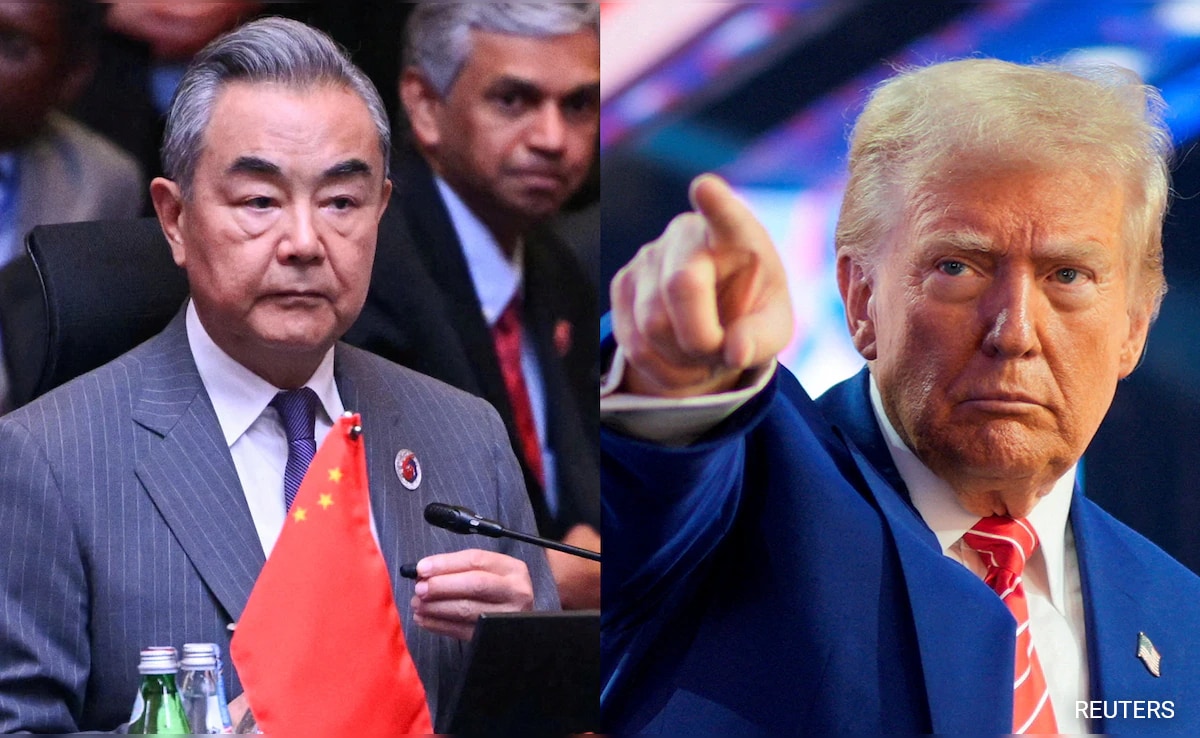âAt the end of the day, of course there can be a good deal,â Bennett told Israeli Army Radio. âIs that, at the moment, under the current dynamic, expected to happen? No, because a much harder stance is needed.â
Bennett also denied claims by former Prime Minister Benjamin Netanyahu that he had agreed to a policy of âno surprisesâ with Washington, meaning that it would be frank about its military intentions regarding Iran with its prime ally and thus be potentially hobbled.
âIsrael will always maintain its right to act and will defend itself by itself,â he said.
Israel has watched with concern as European nations, Russia and China have restarted talks with Iran in recent weeks. Tehran has taken a hard stance in the negotiations, suggesting everything discussed in previous rounds of diplomacy could be renegotiated and demanding sanctions relief even as it ramps up its nuclear program.
Bennett has urged negotiators to tow a firmer line against Iran. Israel is not a party to the talks but has engaged in a blitz of diplomacy on the sidelines in an attempt to sway allies to put more pressure on Iran to rein in its nuclear program.
In Tehran, Iranian Foreign Minister Hossein Amirabdollahian told state TV that a âquick and proper agreement in the near futureâ is possible if the other parties to the negotiations demonstrate âseriousness alongside goodwill.â
Tehranâs landmark 2015 accord granted Iran sanctions relief in exchange for curbs on its nuclear program. But in 2018, then-President Donald Trump withdrew America from the deal and imposed sweeping sanctions on Iran. The other signatories have struggled to keep the agreement alive.
The latest round of talks in Vienna, the eighth, opened Monday, 10 days after negotiations were adjourned for the Iranian negotiator to return home for consultations. The previous round, the first after a more than five-month gap caused by the arrival of a new hard-line government in Iran, was marked by tensions over new Iranian demands.
Iran says its nuclear activities are for peaceful purposes. Israel considers Iran to be its greatest enemy and it strongly opposed the 2015 deal.
It says it wants an improved deal that places tighter restrictions on Iranâs nuclear program and addresses Iranâs long-range missile program and its support for hostile proxies along Israelâs borders.
Israel also says that the negotiations must be accompanied by a âcredibleâ military threat to ensure that Iran does not delay indefinitely.
___
Associated Press writer Nasser Karimi in Tehran, Iran contributed.
.png)











 English (United States) ·
English (United States) ·  Turkish (Turkey) ·
Turkish (Turkey) ·